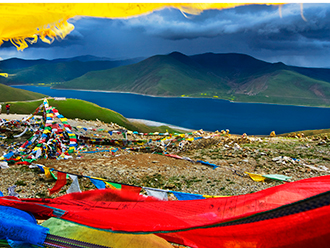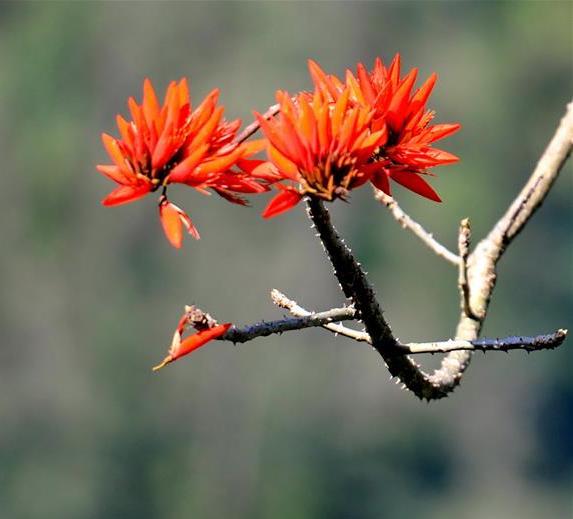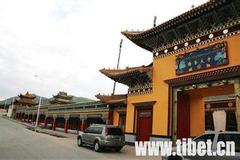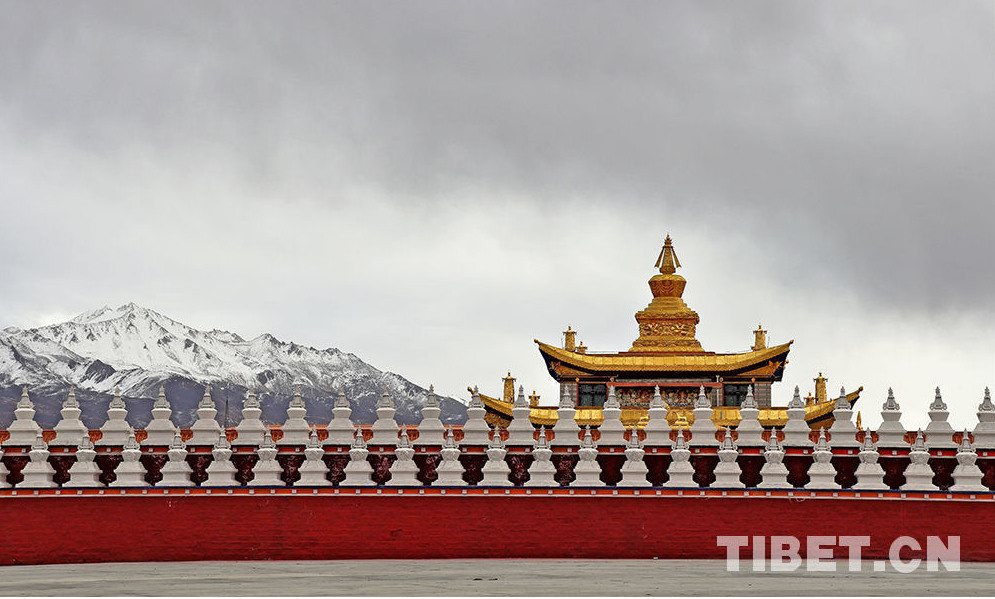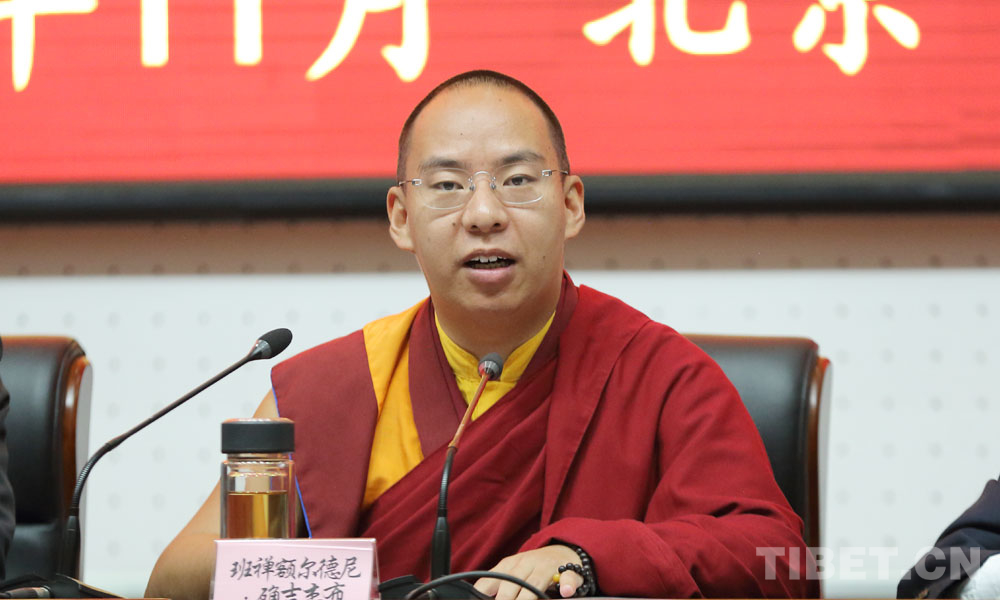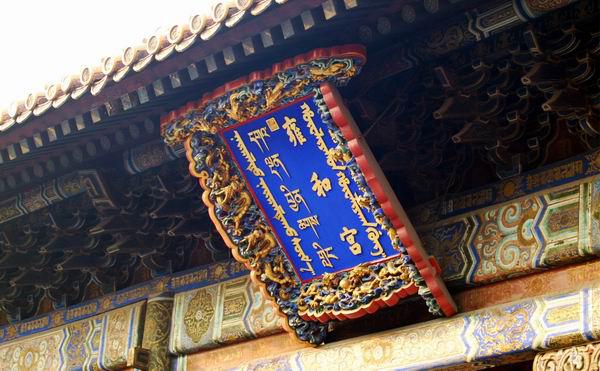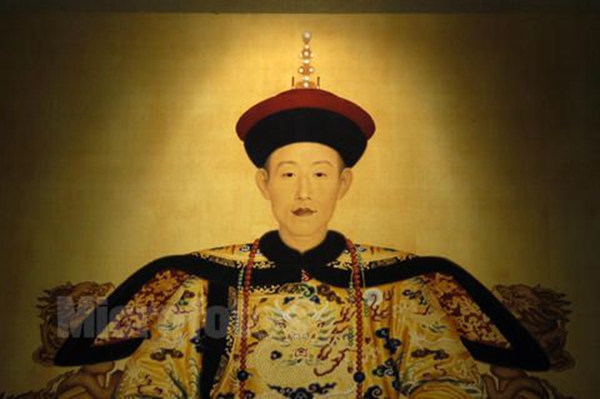Dalai Lama trying to stir up trouble again
The 83-year-old 14th Dalai Lama told Reuters in an interview on March 18 that once he dies, his reincarnation will be found in India, and added that any other successor named by China would not be respected.
His words did reach some ears owing largely to the sensitive nature of the topic as well as the timing of his statement - before Tibetans in exile in Dharamshala, India, commemorate the 60th anniversary of the Dalai Lama leaving Tibet.
Most of the 14th Dalai Lama's sympathizers may prefer that the central government in Beijing leaves the matter to the aging monk, and "let religion be religion".
Yet that contradicts the essential truth that the reincarnation of the Dalai Lama is not his choice; the reincarnation system follows certain religious traditions and the central government has retained a significant role in the confirmation of Dalai Lamas since the Qing Dynasty (1644-1911).
The 2007 Regulations on Religious Affairs and Measures on the Management of the Reincarnation of Living Buddhas reaffirm the historical practices that have proven instrumental to both the integrity of Tibetan Buddhism and public well-being in Tibetan areas.
But the 14th Dalai Lama has sought to use religion as a cover to achieve his political goal of separating the Tibet autonomous region from the country. Despite the image he has carefully cultivated as the face of a long-victimized exile community, his activities, which seek to operate above government powers to elevate his own stature, have tarnished the title of the Dalai Lama and the image of Tibetan Buddhism.
Instead of stripping the 14th Dalai Lama of his religious title, the central government of New China has demonstrated great patience in dealing with him, hoping that he would make a contribution to the unity and stability of Tibet and the motherland.
But the 14th Dalai Lama has remained resolutely on the opposite side of the people in Tibet since his failed rebellion in 1959, preferring to pander to and be a tool of anti-China forces.
Turning a blind eye to the stability and development of Tibet, he is once again taking the opportunity to try and lobby for overseas support.
But his time is getting shorter with each passing day. If his intention now is to leave behind him a problem for the central government, he might want to reconsider. Because there will not be two Dalai Lamas. And no Living Buddha, Dalai Lamas included, can claim legitimacy without the central government's endorsement.
The 14th Dalai Lama should accept the fact that the reincarnation of Living Buddhas, including the Dalai Lama, has to not only satisfy religious rituals and historical conventions, but also abide by the laws and regulations of the State.
Tibet Stories
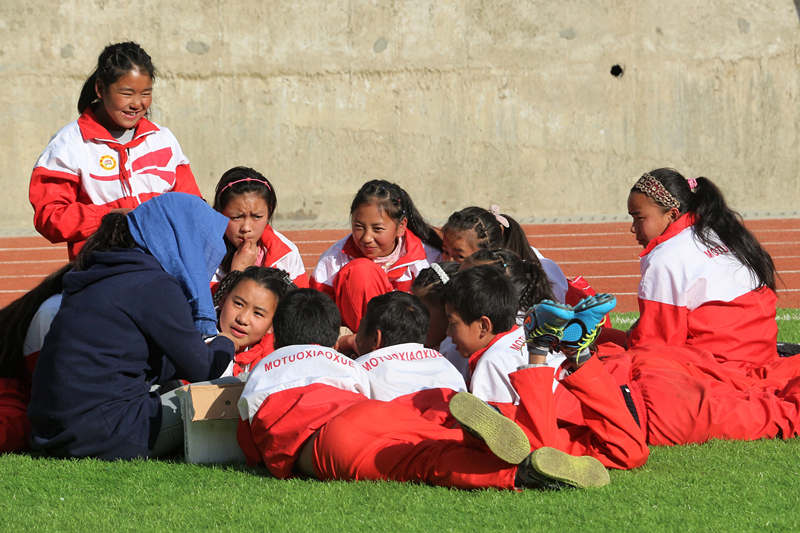
A dream protector of minority students
During the annual "two sessions", Kelsang Dekyi hopes to make suggestions on quality trainin...
